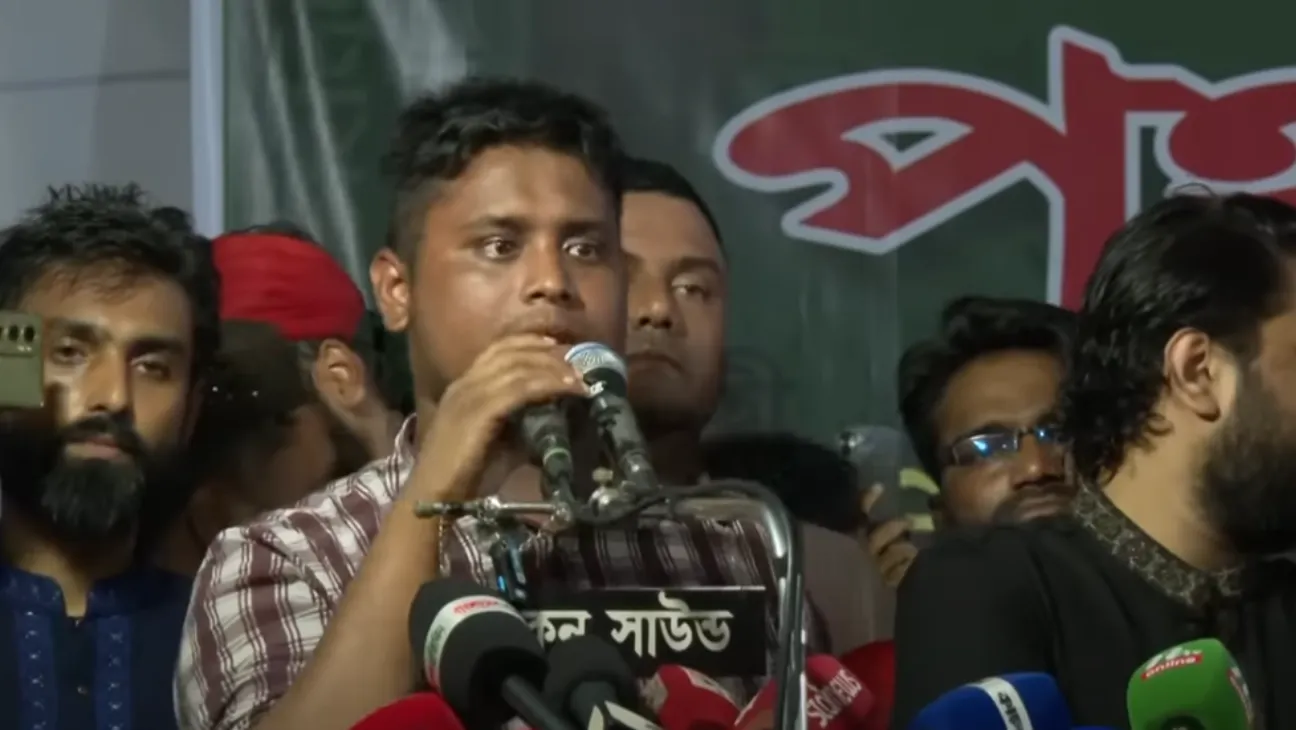At a rally held Sunday night in Rajshahi, a senior leader of the National Citizen Party (NCP) accused the media arms of a major business group of siding with the government and undermining political opposition.
Hasnat Abdullah, the NCP’s Chief Organiser for the southern region, made pointed comments about outlets under East West Media Group PLC, a subsidiary of Bashundhara Group.
“We have not forgotten the role played by Bashundhara’s media in favour of the killer Hasina,” Hasnat said from the stage at Zero Point in Rajshahi city. “Journalists of Bashundhara Group have once again stepped in to blatantly legitimise crimes. They are conspiring to stage another 1/11. The people will never accept this.”
Many in Bangladesh remember “1/11” as the day politics took a sharp turn. On that January morning in 2007, the military stepped in, and a caretaker government was put in place to calm the deepening crisis.
Social Media Reaction and Follow-Up Comment
Shortly after Kaler Kantho—one of the East West Media Group outlets—posted a story about the speech on Facebook, Hasnat left a comment under the link.
“Not the journalists, I’ve threatened the media outlets of Bashundhara,” he wrote.
His clarification did little to ease public concern. Several observers questioned whether targeting a media house without naming individuals changes the implications of such rhetoric.
Even though the comment aimed to distinguish ownership from reporting, it drew concern from press watchdogs.
Media, Politics, and the Growing Divide
Tensions continue between political groups and big media. Bashundhara Group owns major outlets like Kaler Kantho and News24 through East West Media.
Criticism of media organizations by political figures is not new. But the sharp tone and public nature of Hasnat’s remarks have drawn wider attention.
There was no immediate response from Bashundhara Group or East West Media PLC. The NCP also has not released any formal statement clarifying the party’s position.
What happens next may depend on whether the comments spark broader backlash or fade into the background of a busy political season. Either way, it leaves lingering questions about where public discourse, press accountability, and political speech intersect in Bangladesh’s shifting media landscape.









